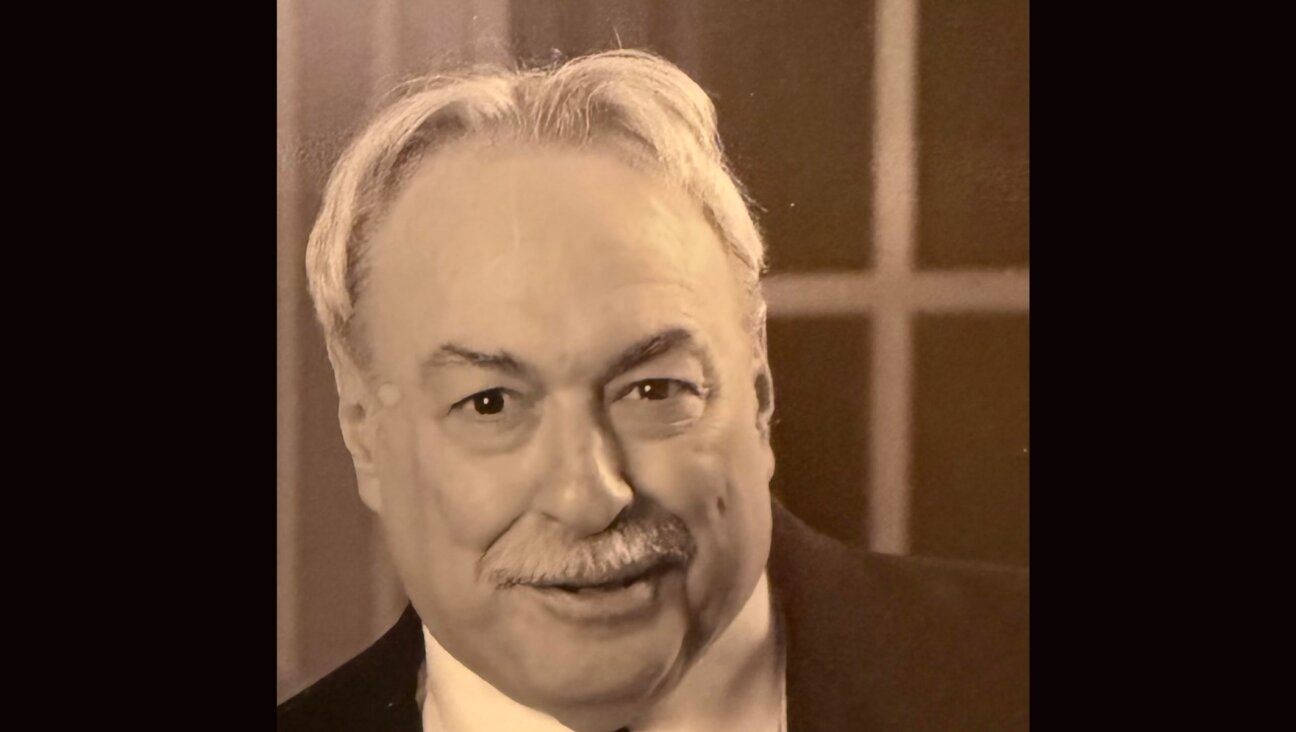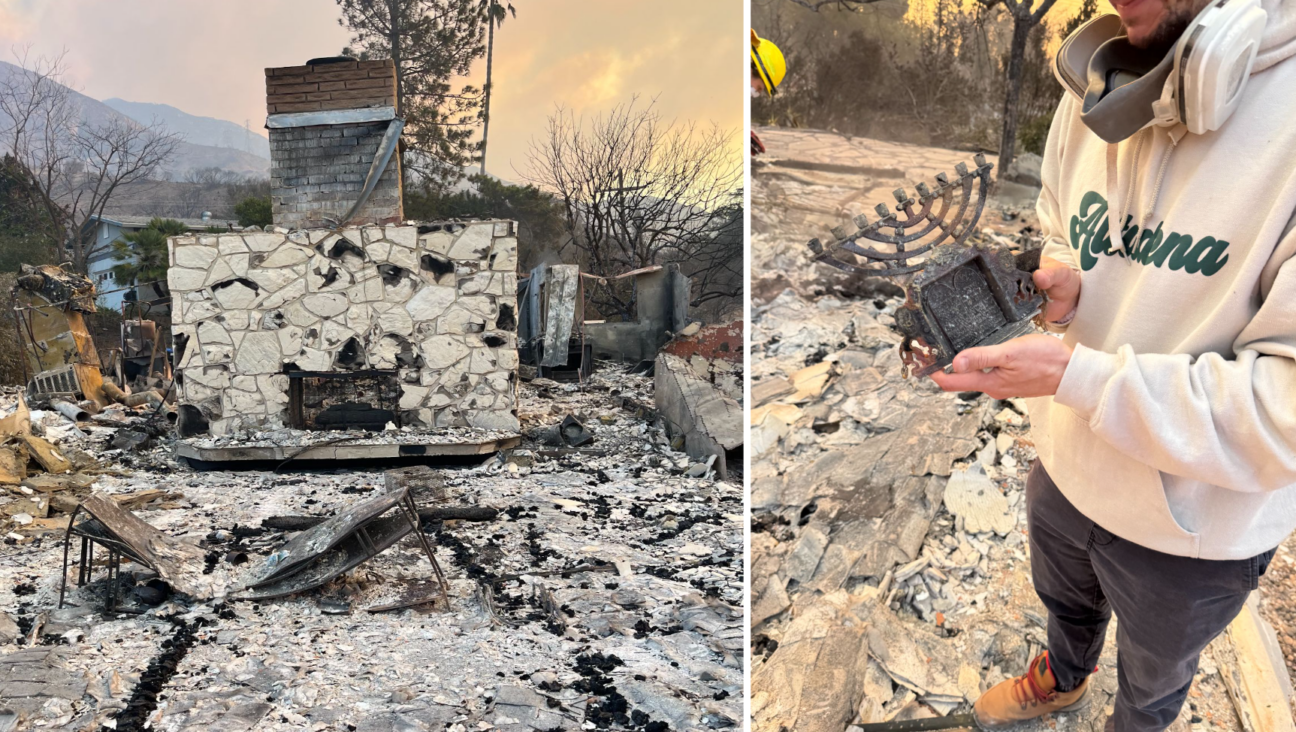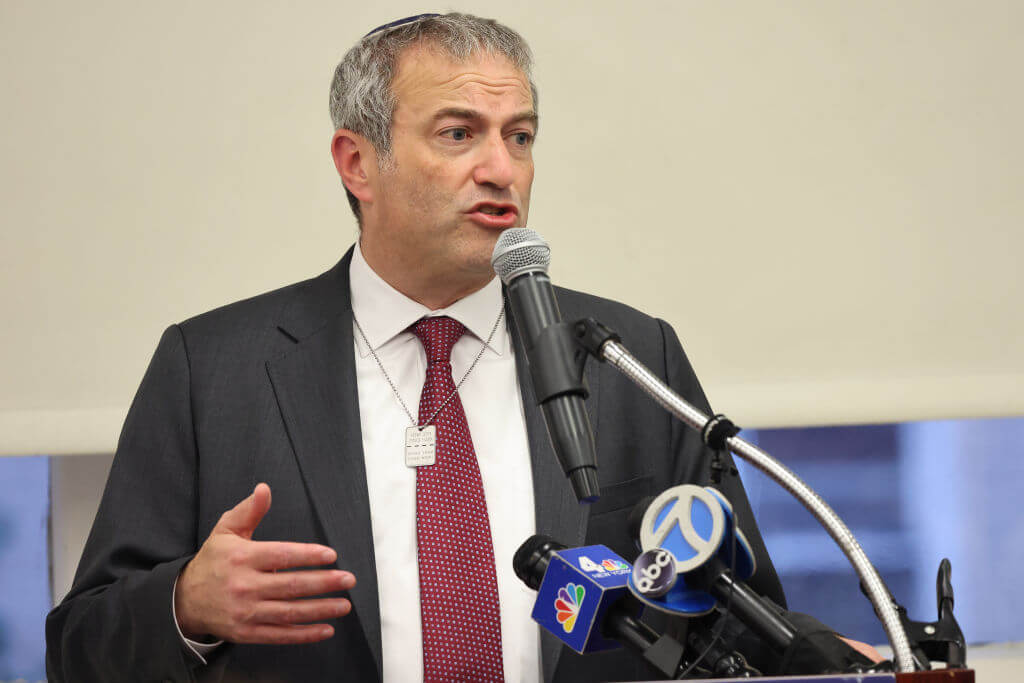To unite our country, we don’t need a politician – we need a theology.

Image by Getty Images
In his inaugural speech, President Joe Biden called for unity. “We have never, ever, ever, ever failed in America when we’ve acted together,” he said
But President Biden cannot unite America – at least not alone. To heal America, to unite our country, we don’t need a politician – we need a theology.
There has never been a better time to resurface the idea of God. While many Americans continue to walk away from religion, we know what the power of transcendence and what it can do for the soul. According to the Pew Research Center, actively religious people are happier than those that are not, are less prone to depression and addiction, and are willing to engage in other – non-religious organizations like clubs and charities.
Most people who are spiritual, but not religious, think only of transcendence as the ‘getting away’ from reality for a time. This kind of spiritual tourism leads us away from life to more beautiful vistas, but does nothing to change our world or change ourselves. It’s transcendence as a coping system for our tragic reality.
What a resilient theology provides is a life path that more than copes, it can change our world.
Religious observance on a regular basis leads to greater volunteerism, engagement and can mollify our resentment of each other. If America is to heal, it needs to know that healing is possible and enduring, which falls squarely under the rubric of faith. Theology that links transcendence to ethics gives purpose, not escape and crafts blueprint that gives our lives worth and hope.
Secularism has proven time and again it cannot live up to its modern promise. In short, we need a way of talking about something that more than pithy memes or retreat centers that promise transcendence while selling you overpriced lattes. In short we need God.
Critics will say that some of the most devout Americans are the ones who perpetrate some of the worst behaviors of the last four years. And those critics would be right, if we muddled together too much the organized religious and political machines that put people like former President Trump in power. What I’m speaking of is much deeper than an organizations of faith. When I read the Ten Commandments I have come to realize the power of the third commandment: “You shall not take the name of the Lord in vain.” Taking God’s name in vain means we cannot project our hatred, bigotry and xenophobia onto God and declare that is what God wants. A Jew is not a blind believer. Belief should enlighten, not darken our vision.
This is not a new moment in history for the Jewish people. In the Tanakh, when Joshua took over the mantle of leadership from Moses, he inherited a people that never saw splitting of the sea nor the fire atop Mount Sinai. This generation grew up in the desert, without certainty, without a home, and without wealth, and a future very much uncertain. At this precious and tender moment of transition – when everything felt so fragile, Joshua rose to his feet, and said, “Be strong and resolute; do not fear or despair, for the LORD your God is with you wherever you go.” (Joshua 1:9)
Joshua gave Israel the heart to make something of themselves, together as a nation by adjourning them to never despair and to never give up for God was and is their eternal partner. Theology challenges the very seductive of exhaustive despair, the kind of feeling that says to us from the inside, “it’s just not worth the fight.” At its very basic level, a belief in God, is a belief in the future from which we draw our strength. Joshua knew that, President Biden, as a devout Catholic knows that, and we know that too.
If we want to unite this country, we need to resurface the idea of a durable belief in the transcendent that does not take us out of our world, but thrusts us back in. A politician, no matter how skilled, can only work on body politic. It is up to us to the rest of us to work on our souls.
Noah Farkas is rabbi at Valley Beth Shalom in Encino, California
A message from our Publisher & CEO Rachel Fishman Feddersen

I hope you appreciated this article. Before you go, I’d like to ask you to please support the Forward’s award-winning, nonprofit journalism so that we can be prepared for whatever news 2025 brings.
At a time when other newsrooms are closing or cutting back, the Forward has removed its paywall and invested additional resources to report on the ground from Israel and around the U.S. on the impact of the war, rising antisemitism and polarized discourse.
Readers like you make it all possible. Support our work by becoming a Forward Member and connect with our journalism and your community.
— Rachel Fishman Feddersen, Publisher and CEO























